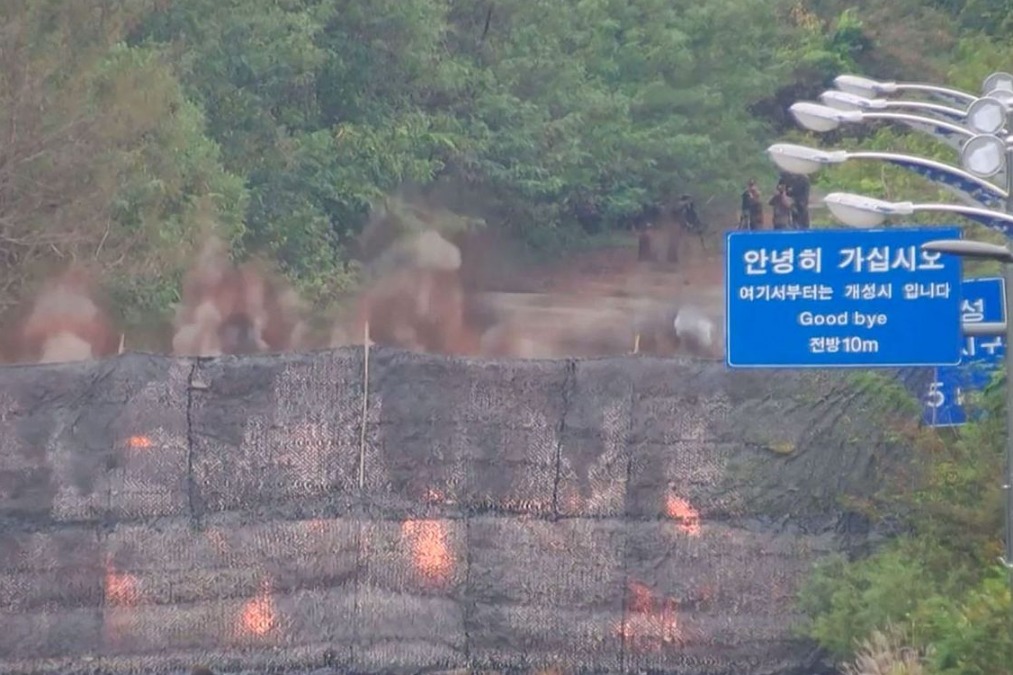Chinese officials highlight progress in anti-drug cooperation with US
Drugs: Control policies to help in combat

Chinese officials pointed on Wednesday to advancements in anti-drug cooperation with the United States this year, urging both sides to build on this momentum based on mutual respect and the management of differences.
Wei Xiaojun, executive secretary-general of the China National Narcotics Control Commission, noted the achievements made by the China-US counternarcotics working group in aspects such as substance control, intelligence sharing, casework collaboration, anti-money laundering and technical exchanges.
In November, the heads of state of both countries reached a consensus in San Francisco on cooperation in anti-drug efforts. Since then, senior officials from China and the US have maintained close communication through in-person meetings and videoconferences to enhance cooperation in various areas of drug enforcement.
Wei highlighted progress on three fentanyl precursors of particular concern to the US. "We anticipate completing the relevant legal procedures within a few months," he said.
Joint investigations into key cases are being conducted by Chinese and US drug enforcement departments, with some cases already making significant progress. For instance, a man surnamed Tong was recently investigated in Northeast China's Liaoning province in connection with a drug-related money laundering case based on leads provided by US authorities. Tong has been apprehended on suspicion of illegal foreign exchange operations, and the investigation continues. Wei highlighted this case as an example of success in Sino-US anti-drug collaboration.
Technical exchanges between drug testing experts from China and the US have resumed, with two successful exchanges, held in February and March, yielding positive results. Another on-site exchange is scheduled for the end of this month.
Additionally, China has launched a special campaign targeting online advertising related to fentanyl-like substances and their precursors, significantly reducing the quantity of such advertisements on various platforms. In response to US requests, China has been actively strengthening control over fentanyl and its precursors, conducting law enforcement efforts to address the fentanyl issue.
In May 2019, at the request of the US, China was the first country to place the entire class of fentanyl substances under control, aiding the international community in managing the fentanyl problem. Since then, US counterparts have repeatedly indicated that they have not seized any fentanyl-related substances originating from China. Meanwhile, the US has not achieved comprehensive control over fentanyl substances despite facing a crisis, Wei noted.
Over the past decade, China has supported all substance scheduling requests made by the US at the United Nations Commission on Narcotic Drugs, demonstrating China's commitment to assisting the US in addressing its fentanyl issue. Wei emphasized that baseless accusations and smear campaigns are not constructive, and effective cooperation between both parties is essential for resolving these problems.
Regarding the regulation of synthetic drugs and precursor chemicals, Shan Yehua, deputy secretary-general of the National Narcotics Control Commission, said that in addition to substances regulated under international drug control conventions, China selectively expands the list of controlled substances based on regional and domestic realities.
China has also established specific export control policies for precursor chemicals to combat drug production, requiring strict scrutiny of the export of specific chemicals to countries such as Myanmar, Laos and Afghanistan. As of May 1, 24 chemicals have been added to the list of controlled substances for export to specific countries, bringing the total to 41.
Shan added that many uncontrolled chemicals have legitimate uses, and synthetic drugs cannot be effectively regulated through endless listings.

































